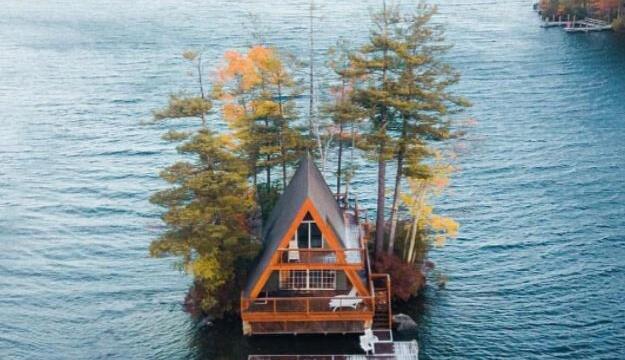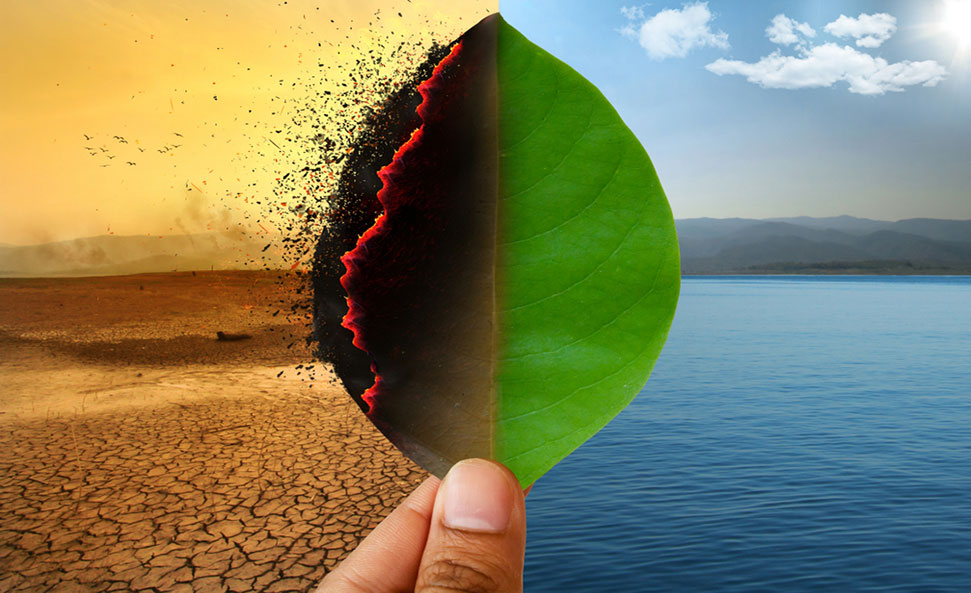
On the Lake Homes Realty Blog, we often cover how to handle inclement weather at your lake house. Whether it’s snow, heat, or extreme weather in general, we understand how nature’s elements can impact lake property more than traditional real estate. But what about the slow, seemingly irreversible changes in overall global weather patterns? Yes, we’re talking about climate change.
These gradual changes in our earth’s environment may be harder to recognize, but they still impact your lake property. To understand more, we talked with Katie Severance, realtor and author of an upcoming book: “The Brilliant Home Buyer: Buying a Home in the New Economy.” Armed with her extensive real estate work and personal experience on Lake George, she shared her expertise on how climate change is affecting your lake house.
What is Climate Change?
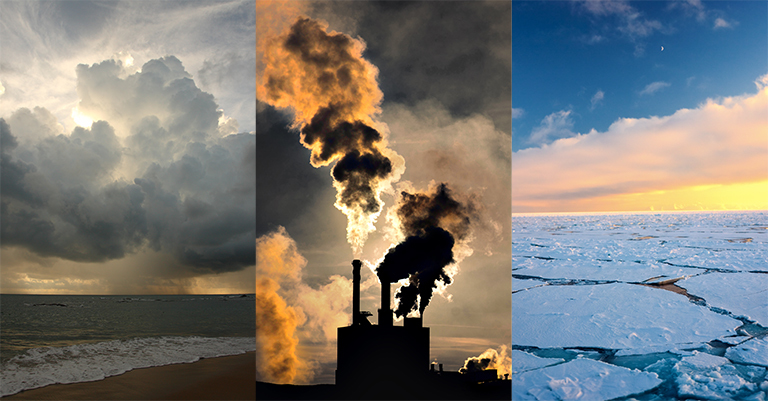
It’s been more than 50 years since the Stanford Research Institute first spoke about climate change. In 2021, climate change continues to be a heavily discussed topic among environmentalists, businesses, politicians, and families at dinner tables. There’s a lot to understand about climate change, but in short, climate change is a detrimental phenomenon that refers to the significant changes in average weather conditions across the globe.
A significant part of climate change is global warming, the increase in average global temperature due to excess carbon dioxide (CO2) in the atmosphere. These increased CO2 levels trap heat within the atmosphere, making the earth hotter. This process is also known as the “greenhouse effect.” Here in the U.S., the burning of fossil fuels for electricity and gas emissions for transportation are two huge contributors to the greenhouse effect.
What Does Climate Change Mean for Lakes?
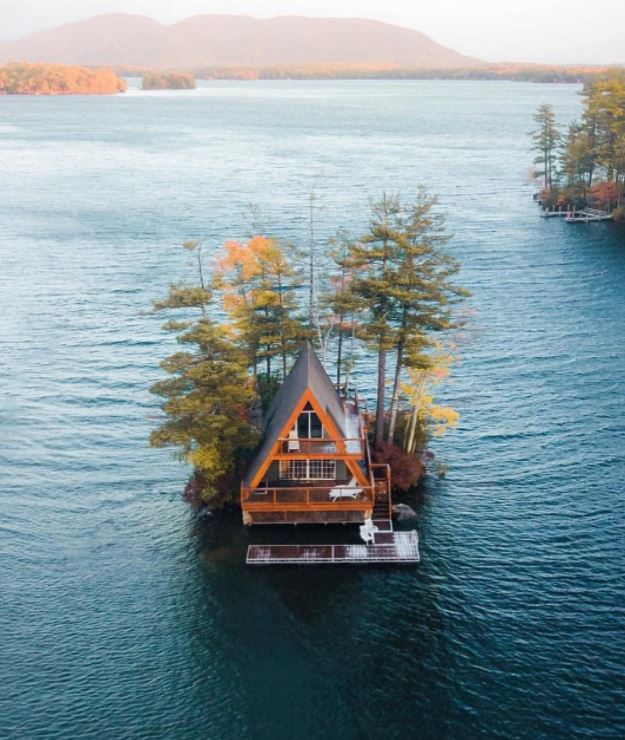
Climate change operates like a domino effect. When global temperatures rise, it affects every component of the natural world. With bodies of water specifically, rising temperatures cause Antarctic ice caps to melt and ocean levels to rise. Besides water level, hotter air means more powerful hurricanes, more frequent droughts, and heavier rainfall. In freshwater systems specifically, this can mean increased flooding and sediment erosion, both of which can affect your shoreline. It also impacts lake stratification, which in turn, is detrimental to the homeostasis of aquatic life.
Although the exact impact of climate change on your lake house will vary based on your region, the two biggest things to keep in mind for your lake property are wind and water. For water specifically, consider both water quality and water table. “You want to know how the water table and water quality have been impacted in the last five years,” Katie says. “One of the ways to learn this information is to get the lake association’s minutes from their meetings if they meet monthly.” She also adds that talking to a local insurance broker could be helpful since they know your specific insurance needs.
How Can I Protect My Lake Home?
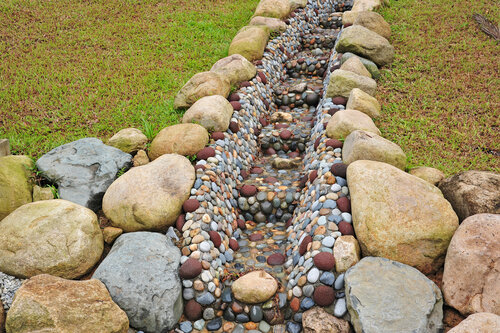
As climate change continues to worsen, your lake home’s likelihood of avoiding floods becomes more precarious. Katie adds, “Now more than ever, when you go to buy a property, you need to get flood insurance.” By law, realtors need to disclose to buyers whether their home is in a flood zone. But just because your home isn’t in a flood zone doesn’t mean you should neglect insurance.
Looking at FEMA maps, asking for an elevation certificate, and ensuring that your house is on the highest soil point can all help protect your home from flooding. “Water is lazy,” Katie says. “It goes to the place that’s easiest to run to.” As such, make sure your gutters slope away from your house. The basement is also important to consider. Katie recommends installing both a French drain and a sump pump to ensure that your basement won’t flood.
As lake homeowners, we’re proclaimed lovers of nature. That said, it’s on us to do our part in protecting the planet from the continued effects of climate change. In addition to protecting your property, check out these resources to make more green decisions in your own life.

